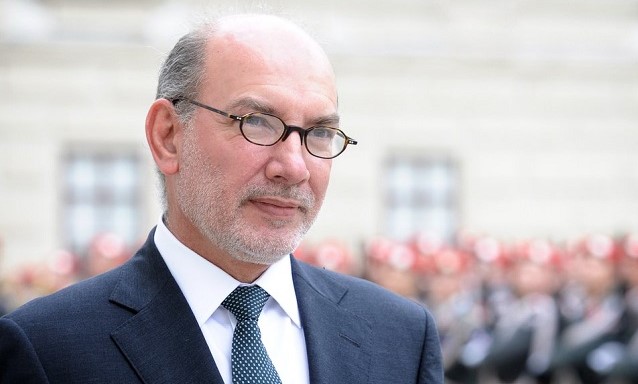Around 4,000 people from all over the region and many other countries participated in the Latin America and Caribbean Climate Week (LACCW 2019) that closed on Friday, August 23 with calls for more ambition and stronger collaboration among all levels of government, the private sector and civil society to implement the national climate plans (known as Nationally Determined Contribution, or “NDCs”) and to achieve the goals of the Paris Agreement.

Taking place in the Brazilian city of Salvador, the LAC Climate Week sent a message of solidarity with all the people of Brazil suffering the consequences of the rainforest fires in the Amazon region, underscoring that protecting the world’s forests is a collective responsibility, that forests are vital for life and that they are a critical part of the solution to climate change.
The results of the LACCW were presented at the closing ceremony and will now be fed into the outcomes of the Climate Action Summit convened by the UN Secretary-General on September 23, 2019 in New York.
In a video message, the UN Secretary-General’s Special Envoy for the Summit, Luis Alfonso de Alba, said: “The regional climate weeks provide a critical platform to mobilise climate action. This week, leaders, experts, champions and advocates across government, business and civil society have come together to discuss the solutions to climate change facing us. We know we need to act now to make the deep transformation for societies and economies.
“We know we need to act now to limit global warming to 1.5 degrees Celsius as the report by the Intergovernmental Panel on Climate Change has made clear. To achieve this goal, we need positive action and collaboration across all stakeholders.”
The LACCW has also contributed to building momentum towards the UN Climate Change Conference (COP25) that will take place in Santiago, Chile, from December 2 to 13, 2019.
Ministers of the Environment of Brazil, Argentina, Chile, Guatemala and Nicaragua and the Vice-Minister of Colombia participated in the high-level plenary discussions. Among the participants, there were representatives from inter-governmental organisations, United Nations, private sector, civil society and academia.
In total, the LACCW hosted 79 events including technical and thematic dialogues, workshops, side events and exhibitions that took place during the five days.
Participants of the LACCW heard that current national climate action plans, known as Nationally Determined Contributions (NDCs), are not sufficient to keep the world on track to achieving the goal of the Paris Agreement of limiting global warming to as close as possible to 1.5 degrees Celsius. In this regard, LACCW has helped build momentum towards the enhancement of the next round of NDCs, by 2020.
LACCW is the second Regional Climate Week to be organized this year, following a Regional Climate Week in Africa in Accra, Ghana in March. A third Regional Climate Week will take place for the Asia-Pacific region in Bangkok, Thailand from September 2 to 6.
